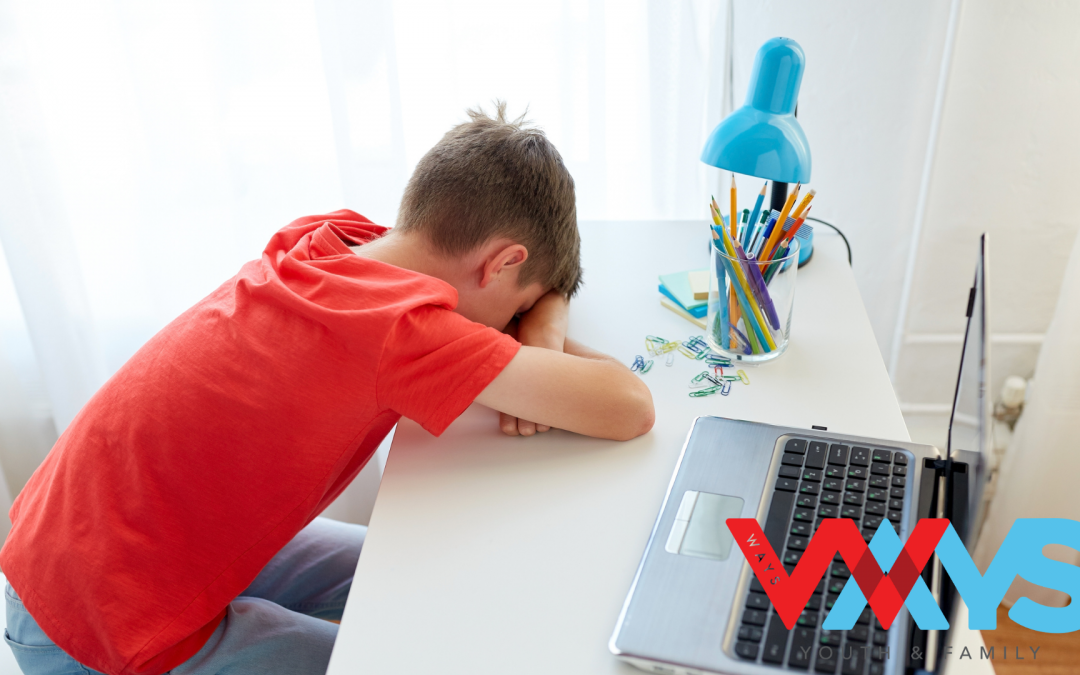Every day in Australia, thousands of children are subject to bullying, in any shape or form. Whether it be intimidation, physical abuse, coercion, or some ‘simple‘ name-calling.
It’s not a case of ‘kids will be kids.’ This kind of behaviour can linger with a child well into adulthood, for both the bully and the bullied. And with constant overlooking of such behaviour, it can become a way of life.
Okay, with that in mind, let’s get into the nitty-gritty of things, shall we? Let’s talk about cyberbullying. This is the scary type, the type you can’t see, the type that happens behind closed doors at home when we think our children are at their safest. When they should be at their safest.
But as a parent, it’s important to look out for what our children are sending, as well as receiving.
So, what should you look out for?
- Harassment – sending offensive or malicious messages, often repeatedly.
- Flaming – similar to harassment, but involves fights over chat rooms or other public forums. Often ganging up on and humiliating the victim.
- Exclusion – this can seem harmless. However, singling someone out to exclude can be irreparably damaging and cause a strong feeling of rejection from their peers.
- Outing – this is when a bully shares personal or private information, videos, or pictures of someone publicly.
- Masquerading – this is a situation where a bully creates a fake account to further harass someone anonymously. Or, impersonate someone else to send malicious content.
Signs that your child is being cyberbullied
Sudden change in mood – sadness, irritability, aggression, etc.
- Change in eating habits.
- Unexpected change in friendship groups.
- Becoming reclusive – spending a lot of time in their room (particularly on the computer.)
As a parent, what can be done?
It’s important to monitor your child’s use of their phone, tablet, and/or computer, without invading their privacy, as well as closely monitoring any changes listed above in their behaviour. If you suspect that your child is being bullied, it’s important to start a conversation with them in a calm and safe environment, and offer a listening ear, before taking appropriate action if necessary.
How WAYS can help
At WAYS Youth & Family, we provide pathways to success for young people and their families. WAYS hosts a parenting courses that focuses on how to talk to your teen about difficult issues. This course will assist parents to build stronger parent-child relationships and better manage and understand their adolescent’s behaviour.
Visit our website to learn more or sign up for the event.

